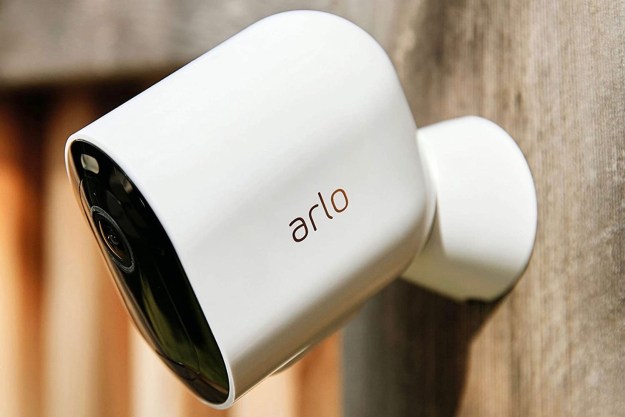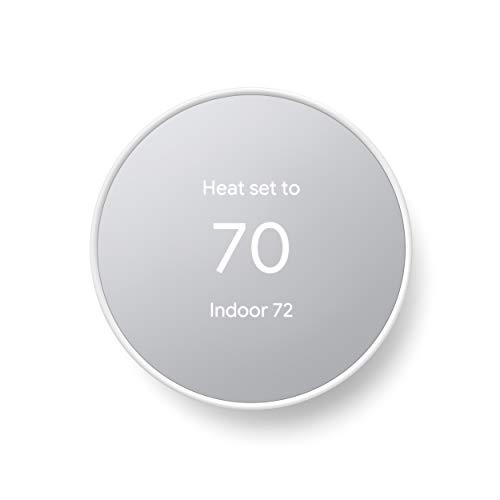



We're all trying to make smart decisions to ensure we don't slow-cook humanity on the spit of climate change. At home, this means using less power that relies on fossil fuels. You can use LED lighting and smart thermostats to that end. Food waste produces loads of methane globally, not to mention the lost resources in making the food in the first place. A new breed of smart home appliances makes the process of minimizing food waste much more convenient. Let's look at just some of the products that can reduce your carbon footprint.
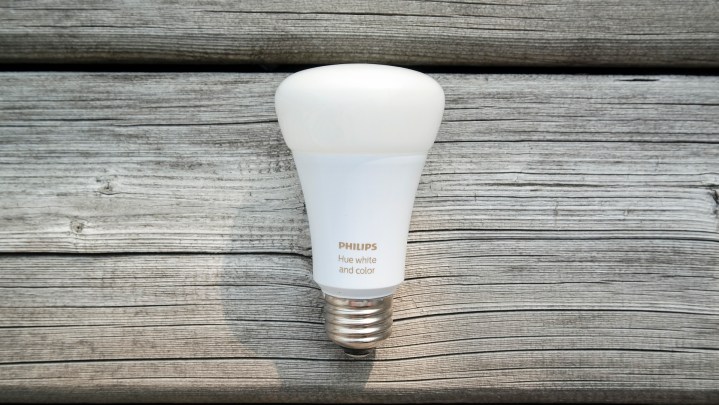
Philips Hue
Low energy, high style
- Quick and easy installation
- Bright output with 16 million colors
- App packed with features and smart home integrations
- Improved color accuracy and saturation
- Pricier than competitors
- Requires standalone network hub
While inefficient incandescent bulbs have been on the way out for a while now, it's worth the upgrade to LED bulbs if you're still using CFLs. Smart bulbs have come down enough in price that it's easy to go all-out if you're replacing your bulbs anyway. Being able to change colors might seem like a gimmick, but good lighting can improve your mood and productivity, too.
Philips Hue continues to be the leading brand in smart home lighting. They're available in a range of sizes to fit into every corner of the house. You can get the white bulbs that shift from warm to cool tones, but the full-color bulbs can really transform the atmosphere of any room. When tied into a home entertainment system, you can have the whole space reflecting whatever show is on-screen. Syncing with Spotify is another particularly cool way Hue immerses entertainment in lighting.
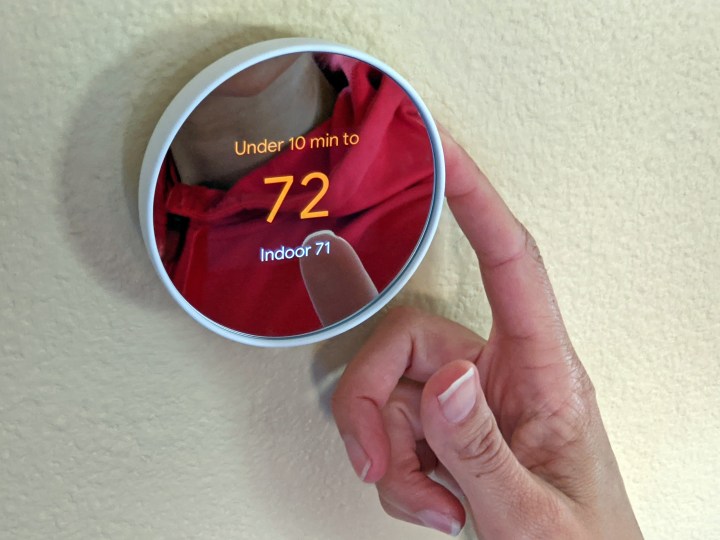
Nest Thermostat
Smarter home heating
- Affordable cost
- Smart functions mean minimal interaction
- Stylish Apple-like design
- Simple DIY installation
- Capacitive controls are only on one side
Heating and cooling account for about a third of a home's carbon emissions, so it makes sense to be using your air conditioner and furnace judiciously. Smart thermostats are the perfect way to ensure those systems are only kicking in when they're needed most. As an added bonus, low energy usage can save you a few bucks, too.
Nest is the established leader in the smart thermostat space, and it's easy to see why. The design makes it a beautiful product to have prominent in your home, for starters. The seamless tie-in with Google's larger smart home ecosystem helps a bunch, too. Recently, Google announced an update that would check in with your electricity provider and factor in lower prices on renewable power when making automatic adjustments. If you pair up a smart thermostat with an energy-efficient HVAC system like a heat pump, you'll be well on your way to having a greener home.

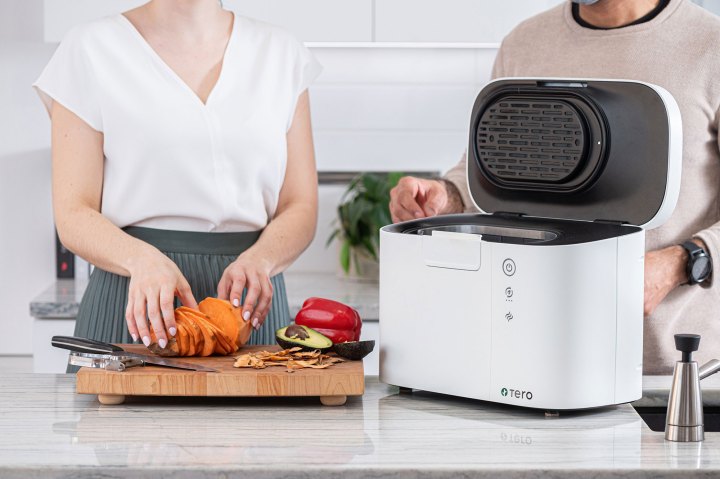
Tero
Compost your food scraps
- Convenient
- Odorless
- Feature-rich mobile app
- Power use can negate emissions reduction
- Removes moisture needed for full composting
Food waste decomposes naturally, but how it decomposes determines its emissions. In a landfill, it's packed under lots of other garbage with little access to oxygen. Under these anaerobic conditions, food waste produces methane, which contributes a lot to climate change. Good composting practices can help sequester those emissions in soil instead.
Tero is hoping to contribute on that front. Their kitchen appliance will help you manage organic waste by drying it out and shredding it into tiny bits. Smaller scraps have more surface area, which helps them decompose more quickly. After a few hours of grinding, you'll be left with a fine, nutrient-rich dust that can be used as a fertilizer. A replaceable carbon filter destroys the usual smells you deal with when composting. On the "smart" side, Tero has a mobile app that tracks live status, schedules cycles, and reports on emissions you're saving with use.
There are a few caveats with products like these. For one, you're using a fair bit of power to process your organic waste. On an electrical grid, depending on fossil fuels, you're likely not going to break even on emissions. Secondly, desiccating organic matter like this strips it of microbes and moisture that are vital to the full composting process. That said, these kinds of appliances are still useful for those who don't have access to a composting program, be it their own pile in their backyard or a municipally provided option. They're also a great stepping stone for beginner composters who have a hard time getting over the "ick" factor of composting, which can get wet and moldy.


TP-Link Smart Power Strip
Smart energy management
- All the latest smart features
- 3 USB ports
- Voice command compatibility
- Little small for larger setups
Keeping a close eye on heating and lighting is a great start to making your home more energy-efficient, but what about every other device in the house? With the right smart plugs, you can ensure other devices aren't quietly suckling on electricity even when they're off and can help you set schedules so your devices are only working when needed.
One of our favorite smart power strips comes from TP-Link. With a dedicated companion app, you can see how much power is being used, activate appliances with voice commands, and trigger automations, such as a light turning on when motion is detected from a security camera. The power bar has three USB plugs to keep your phones and tablets topped up, and the built-in surge protection ensures they won't get fried if there's a power outage.

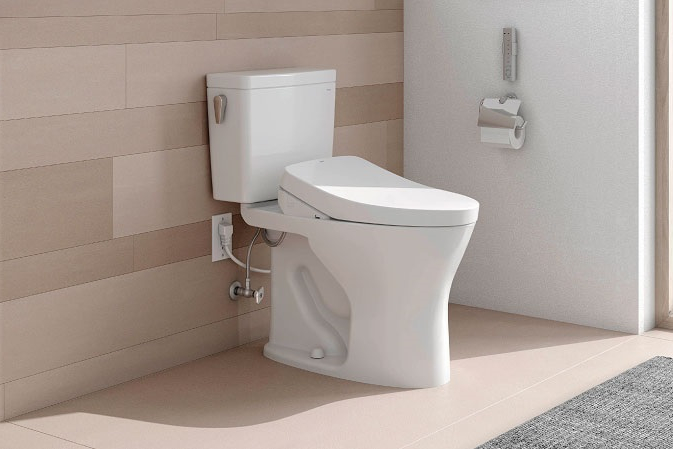
BioBidet Bliss BB2000
TP saving solution
- Warm water setting
- Heated seat
- Extensive washing tech
- Expensive
We use a lot of wood for toilet paper. Even if some of that wood comes from pre-consumer shavings, creating toilet paper needs a lot of water. By relying on a refreshing water jet blasting away detritus from your nether regions, you can help America use fewer than the 31 million trees typically needed for toilet paper every year.
Bidets are seeing a surge in popularity in North America after being well-established abroad. While we tend to latch Wi-Fi and Bluetooth onto anything to consider it "smart," the best bidets out there don't need any kind of networking to blow your mind. The BioBidet 2200 manages to check all of the boxes: Heated seat, air drying, warm and cool spray, gentle spraying, pulse mode, front and back coverage, and built-in deodorizing. There is an energy-saving mode that will likely see use among the eco-conscious.

Generally, the most eco-conscious choice you can make in the home involves buying less of anything, but if you're in the market to upgrade, you might as well get the most environmentally friendly choice available. Hopefully this list has helped you zero in on those options.
Editors' Recommendations
- Go smart or go home: Amazon’s Echo Show 8 smart display is $50 off
- The 5 best smart food scales for home and travel in 2024
- 10 of the best budget smart home devices under $100
- 5 cool smart home gadgets for summer 2023
- The best smart thermostats for Alexa



